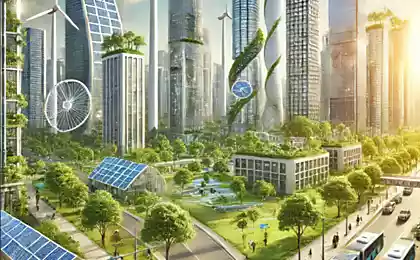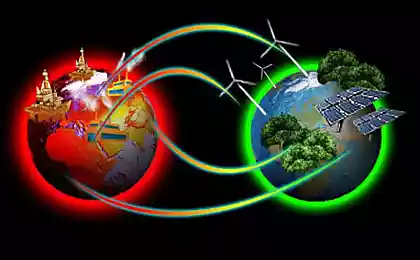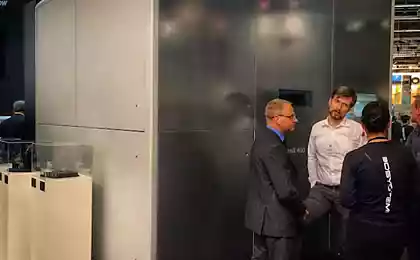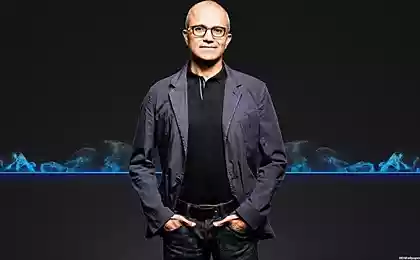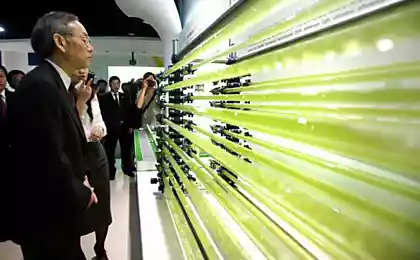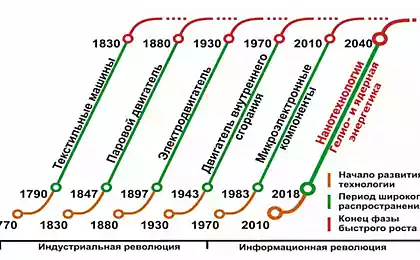1023
10 revolutionary clean technologies
A selection of ten innovative discoveries that can greatly enhance the ability of existing technologies.
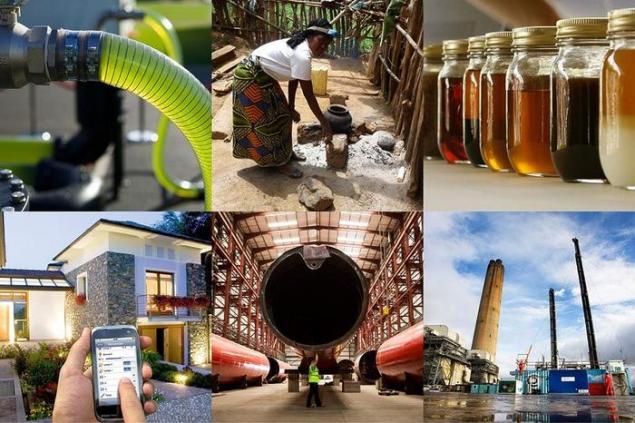
1. Biofuels from algae.
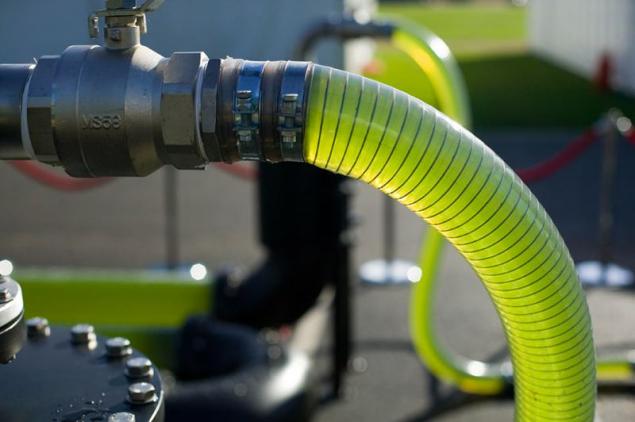
If you do not hurt the global economic crisis, in 2030 12% of aviation fuel will be produced from algae. Mexico expects to reach 1% in 4 years. The first car on biofuel from algae was built in 2009. It biofuels - liquid resembling oil, devotes only a fifth of the amount of carbon dioxide produced from burning fossil fuels and can be carried out in coastal areas. The main problem is money - the cost of production will be reduced by 90%. (Ashley Cooper / Ashley Cooper / Corbis)
2. zinc-air battery.

As the world's reserves of zinc in 100 times more reserves of lithium, the transition to zinc-air batteries could make laptops more autonomous, to reduce the cost and increase the reliability of the electric hearing aids. Zinc is recyclable, is relatively inexpensive and has a high energy density. Now, such batteries are used as power sources of disposable hearing aids, but in the coming years is expected to launch production of rechargeable batteries. (Matt Cardy / Getty Images)
3. Organic solar cells.
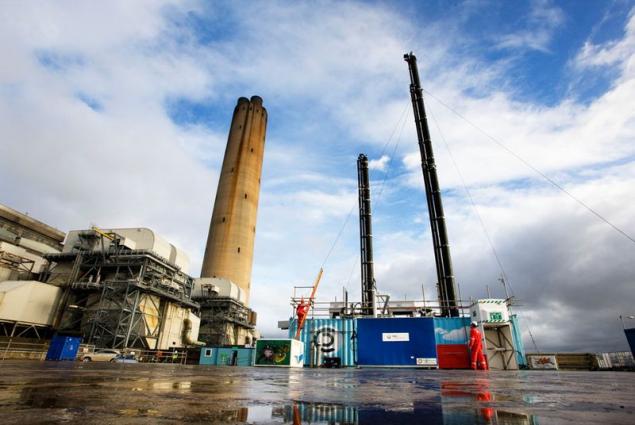
By the Carbon Trust believes that cheap organic solar cells can be efficient enough to be commercially successful. Carbon Trust supports the project to create a printed solar cell batteries, which can be used in Africa and India. But while the numbers are disappointing: the efficiency is only 9%. If the figures will be able to raise a lot of us have moved on solar energy. (Alex Hofford / EPA)
4. marine energy.

UK, USA, Canada and Norway are the world leaders in the development of wave and tidal power. The cost of such installations is more than twice the efficiency. Furthermore, in the UK space suitable to accommodate them are in deep or complicated to navigate waters. Currently being developed to create a cheaper and improved tidal power. According Carbon Trust, 2020 marine energy could provide 20% of the UK's electricity needs. (E.ON / PA)
5. "smart" lighting.

The displacement of incandescent fluorescent lamps that are 80% efficient - just the beginning. Intelligent lighting is the area of innovation, which employs hundreds of small businesses that create new ways to ensure poor countries and developing lighting sensitivity to external lighting system with occupancy sensors for factories. In turn lamps that provide access to the Internet and to identify dangerous chemicals. (Ashden Awards)
6. Pyrolysis oil.
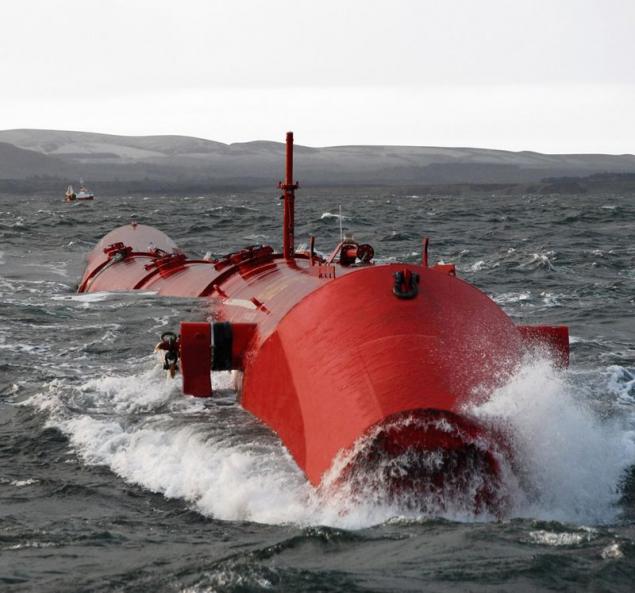
Conducted an intensive search of biofuels of tomorrow, which immediately give rise to controversy about the high cost of land and other controversial features of the production of bioethanol. Studies are under way for the production of pyrolysis oil, which is usually produced by burning waste at a temperature of 500 degrees Celsius. The project will be launched in the UK in 2014 and in the next 10-15 years should begin to make a profit. . (Chip Somodevilla / Getty Images)
7. Automation of buildings.
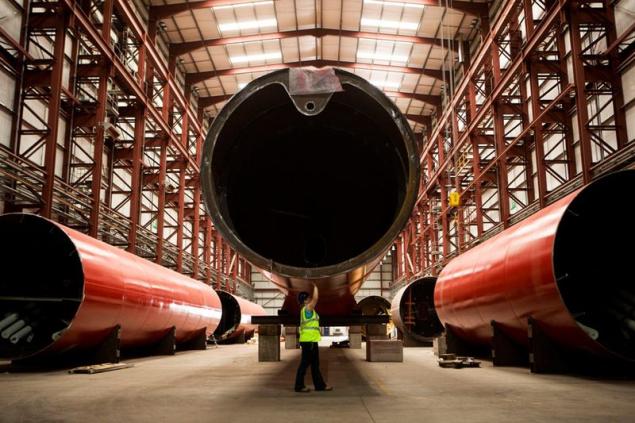
The German company EnOcean, ranked in the list of 100 companies that develop "clean" technologies Cleantech 100 in 2011, developing a system that responds to changes in temperature. The system sends signals to manage automatic equipment building, which controls the lighting and heating. Also, this technology is being developed in collaboration with companies from around the world, should in future polichut advanced management of wireless systems in buildings. (EnOcean)
8. Reliable technology offshore wind turbines.
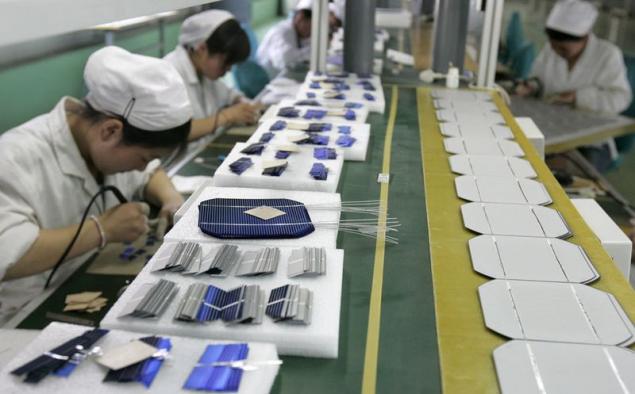
What if the installation, comparable in size to the tower Mary Äksi London Ferris wheel will break 150 miles from the coast in the harsh waters of Dogger Bank? It is this - the main problem, because of which the UK is using marine wind power only less than 5%. A consortium of companies involved in energy looking for ways to improve the design and methods of installation and maintenance. (Murdo Macleod / Murdo MacLeod)
9. economical way to desalinate water.

Turning sea water into drinking water or technical - a process that has already mastered the largest companies in the United Arab Emirates, the United States and several other countries. But the need for fresh water is increasing, including due to the growing needs of China. Since the processes used today are costly and energy resources, there is a great interest in the improvement of filtration, reverse osmosis technology, is borrowing technologies from the field of water softening. (Jim Hollander / EPA)
10. The technology carbon capture and storage.
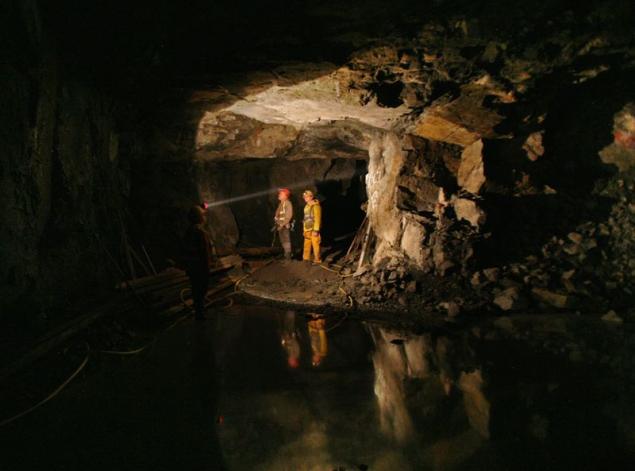
Technology of carbon capture and storage (CCS) is able to reduce the release of carbon dioxide gas and coal-fired power plants in the production of cement and other industries 90%. Because of the problems with the financing of the project, the technology yet exists only on paper. More than 200 British scientists iz36 universities are involved in the research. The International Energy Agency estimates that to prevent the increase in global temperature by 2 degrees by 2050 will require the use of about 3,000 CCS systems in enterprises throughout the world. The reaction of the UK Government is expected in the near future. (Murdo Macleod / Murdo MacLeod)
Source: bigpicture.ru

1. Biofuels from algae.

If you do not hurt the global economic crisis, in 2030 12% of aviation fuel will be produced from algae. Mexico expects to reach 1% in 4 years. The first car on biofuel from algae was built in 2009. It biofuels - liquid resembling oil, devotes only a fifth of the amount of carbon dioxide produced from burning fossil fuels and can be carried out in coastal areas. The main problem is money - the cost of production will be reduced by 90%. (Ashley Cooper / Ashley Cooper / Corbis)
2. zinc-air battery.

As the world's reserves of zinc in 100 times more reserves of lithium, the transition to zinc-air batteries could make laptops more autonomous, to reduce the cost and increase the reliability of the electric hearing aids. Zinc is recyclable, is relatively inexpensive and has a high energy density. Now, such batteries are used as power sources of disposable hearing aids, but in the coming years is expected to launch production of rechargeable batteries. (Matt Cardy / Getty Images)
3. Organic solar cells.

By the Carbon Trust believes that cheap organic solar cells can be efficient enough to be commercially successful. Carbon Trust supports the project to create a printed solar cell batteries, which can be used in Africa and India. But while the numbers are disappointing: the efficiency is only 9%. If the figures will be able to raise a lot of us have moved on solar energy. (Alex Hofford / EPA)
4. marine energy.

UK, USA, Canada and Norway are the world leaders in the development of wave and tidal power. The cost of such installations is more than twice the efficiency. Furthermore, in the UK space suitable to accommodate them are in deep or complicated to navigate waters. Currently being developed to create a cheaper and improved tidal power. According Carbon Trust, 2020 marine energy could provide 20% of the UK's electricity needs. (E.ON / PA)
5. "smart" lighting.

The displacement of incandescent fluorescent lamps that are 80% efficient - just the beginning. Intelligent lighting is the area of innovation, which employs hundreds of small businesses that create new ways to ensure poor countries and developing lighting sensitivity to external lighting system with occupancy sensors for factories. In turn lamps that provide access to the Internet and to identify dangerous chemicals. (Ashden Awards)
6. Pyrolysis oil.

Conducted an intensive search of biofuels of tomorrow, which immediately give rise to controversy about the high cost of land and other controversial features of the production of bioethanol. Studies are under way for the production of pyrolysis oil, which is usually produced by burning waste at a temperature of 500 degrees Celsius. The project will be launched in the UK in 2014 and in the next 10-15 years should begin to make a profit. . (Chip Somodevilla / Getty Images)
7. Automation of buildings.

The German company EnOcean, ranked in the list of 100 companies that develop "clean" technologies Cleantech 100 in 2011, developing a system that responds to changes in temperature. The system sends signals to manage automatic equipment building, which controls the lighting and heating. Also, this technology is being developed in collaboration with companies from around the world, should in future polichut advanced management of wireless systems in buildings. (EnOcean)
8. Reliable technology offshore wind turbines.

What if the installation, comparable in size to the tower Mary Äksi London Ferris wheel will break 150 miles from the coast in the harsh waters of Dogger Bank? It is this - the main problem, because of which the UK is using marine wind power only less than 5%. A consortium of companies involved in energy looking for ways to improve the design and methods of installation and maintenance. (Murdo Macleod / Murdo MacLeod)
9. economical way to desalinate water.

Turning sea water into drinking water or technical - a process that has already mastered the largest companies in the United Arab Emirates, the United States and several other countries. But the need for fresh water is increasing, including due to the growing needs of China. Since the processes used today are costly and energy resources, there is a great interest in the improvement of filtration, reverse osmosis technology, is borrowing technologies from the field of water softening. (Jim Hollander / EPA)
10. The technology carbon capture and storage.

Technology of carbon capture and storage (CCS) is able to reduce the release of carbon dioxide gas and coal-fired power plants in the production of cement and other industries 90%. Because of the problems with the financing of the project, the technology yet exists only on paper. More than 200 British scientists iz36 universities are involved in the research. The International Energy Agency estimates that to prevent the increase in global temperature by 2 degrees by 2050 will require the use of about 3,000 CCS systems in enterprises throughout the world. The reaction of the UK Government is expected in the near future. (Murdo Macleod / Murdo MacLeod)
Source: bigpicture.ru





